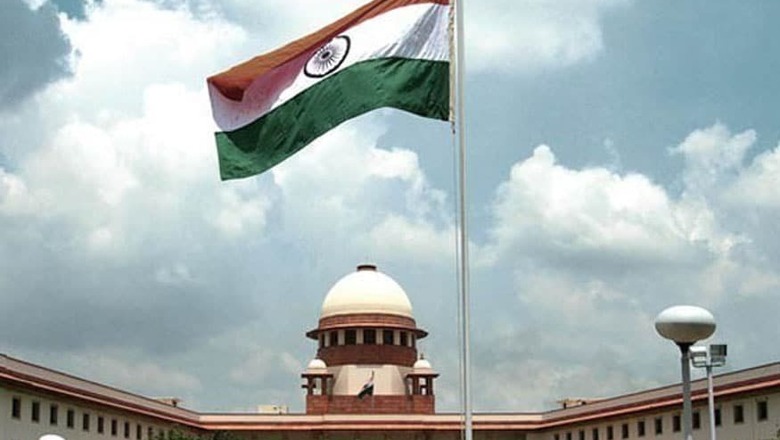
views
The Supreme Court of India has deferred a hearing scheduled for public interest litigations, filed in protest of the Home Ministry's December 20, 2018 order that sanctioned 10 central agencies to monitor, tap and decrypt private communication channels on digital platforms. While the order was issued in light of promoting national security, concerns persist aplenty regarding a move that can very easily create a cybersecurity hazard, or at least set bad precedent.
The judiciary bench, headed by Chief Justice of India Ranjan Gogoi, has scheduled the hearing of the PILs for a later date, which has not been specified yet. The order was passed by the Ministry of Home Affairs on December 20, which authorised a select list of security and intelligence agencies and authorities to gain the right for "interception, monitoring, and decryption of any information generated, transmitted, received or stored in any computer resource."
The agencies authorised for surveillance of information, in accordance with the Information Technology Act, 2000, are Cabinet Secretariat (RAW), Central Board of Direct Taxes (CBDT), Central Bureau of Investigation (CBI), Commissioner of Police, Delhi, Directorate of Revenue Intelligence (DRI), Enforcement Directorate (ED), Intelligence Bureau (IB), Narcotics Control Bureau (NCB) and the National Investigation Agency (NIA).
In response, PILs were filed in front of India's apex courts under grounds of this potential privacy-ending move. Arguments have been presented that such kind of surveillance stands against the Right to Privacy, and other regulations that have so far safeguarded the digital communications channels of the people of India. In response, the Central government has already filed an affidavit before the Supreme Court defending its order. According to the directive, the move is being done in the interest of national safety, and hence does not fall into unwarranted misuse or disregard of the Right to Privacy.
While most nations have provisions of information surveillance in cases of suspected illicit activities that threaten the national security and defense status, it remains to be seen what precedent is set by CJI Ranjan Gogoi and the Supreme Court of India. Upholding the order would leave the Centre with powers of tapping communication lines even in private channels, while dismissing it altogether also goes against the interest of national security.


















Comments
0 comment